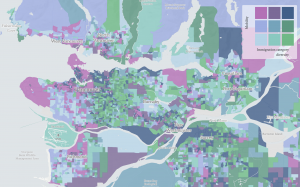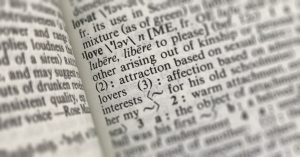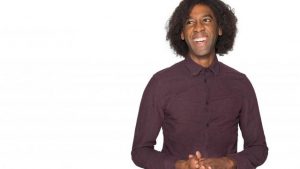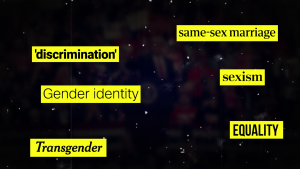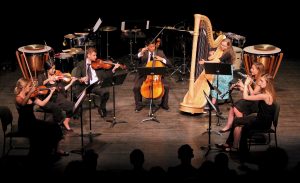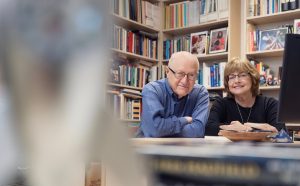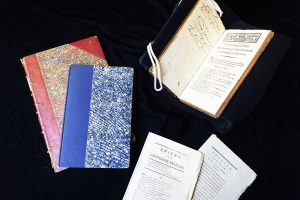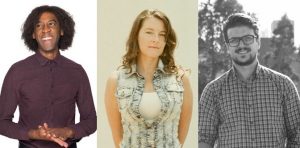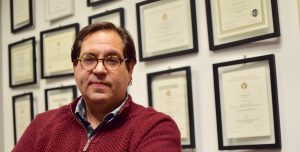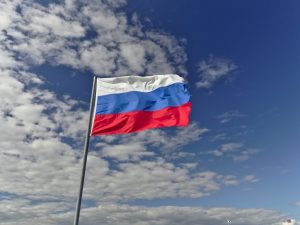Visualizing Superdiversity in Vancouver
A new data-driven website co-created by UBC Geography professor Daniel Hiebert reveals surprising takeaways about the growing “superdiversity” of Metro Vancouver.
Let’s talk about love and why we should define it
Carrie Jenkins, Canada Research Chair in philosophy and a member of UBC’s Language Sciences Initiative, says discussing definitions of love could help people empower their love lives and avoid heartbreak.
Q&A with Ian Williams on writing Reproduction
Creative Writing professor Ian Williams talks about the process of writing his first novel, a project that was six years in the making.
UBC launches first EdX course on Gender and Sexuality
The course was designed by Dr. Janice Stewart of the Social Justice Institute to help participants from around the world navigate the complexities of gender and sexuality.
UBC announces new partnership with the Vancouver Symphony Orchestra
The partnership will benefit young musicians, the VSO, UBC, and the arts community at large, says Dr. Alexander Fisher, Acting Director of the School of Music.
At Home in Space
Sociologist Phyllis Johnson and psychologist Peter Suedfeld are conducting Canada’s first psychosocial space experiment to learn how astronauts adjust to life in the cosmos.
New partnership brings original documents from the French Revolution to UBC
UBC has acquired original pamphlets from the French Revolution that shed light on the radical transformation that took place between 1789-1799.
The problem with words
Ian Williams (Creative Writing), Shanon Walsh (Film Production) and David Gaertner (First Nations & Indigenous Studies) talk about the words that activate their critical and creative pursuits.
Bringing Scholars into the Newsroom
Armed with a $2.5 million SSHRC grant, Peter Klein is bringing journalists and scholars together to investigate corruption, labour abuses and environmental costs in global supply chains.
UBC Political Scientist explains modern Russia, the cult of Putin and kompromat
Lisa Sundstrom, associate professor of political science, discusses President Vladimir Putin’s motivations, Russian sentiment and the history of kompromat (Russian for “compromising material”).
